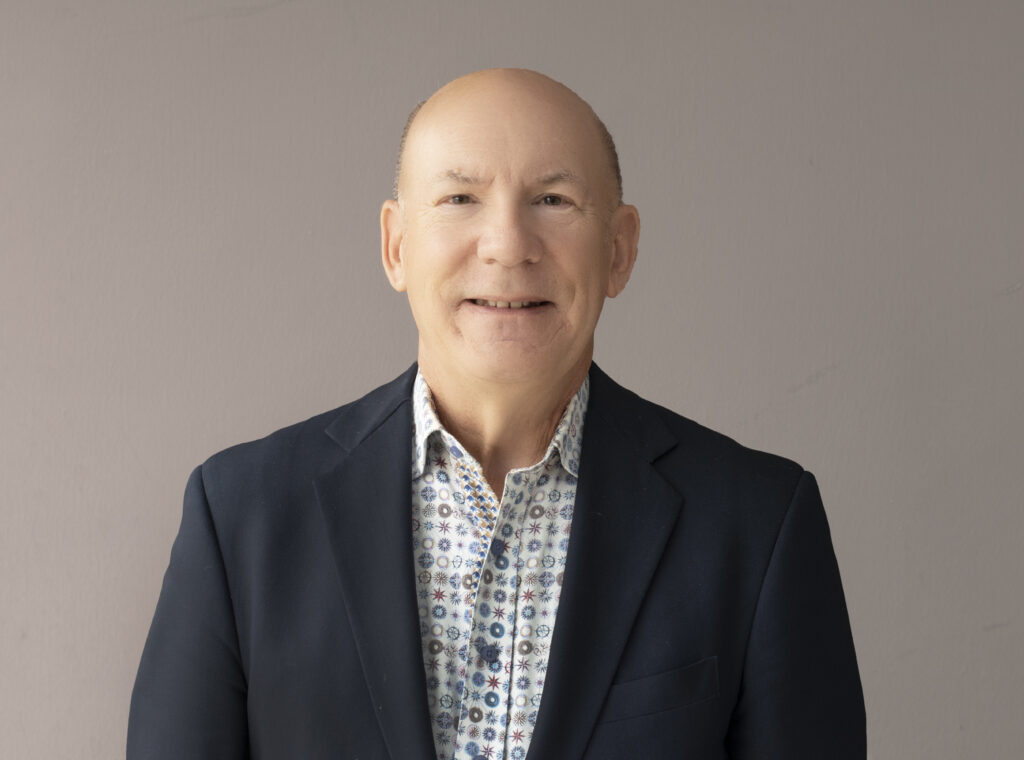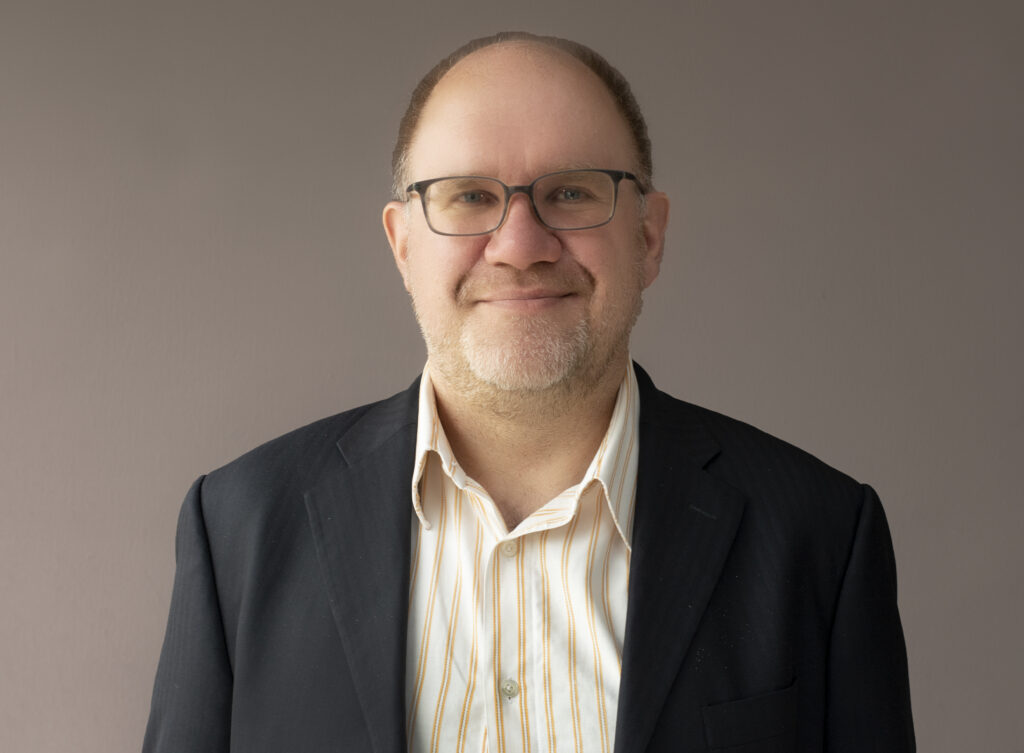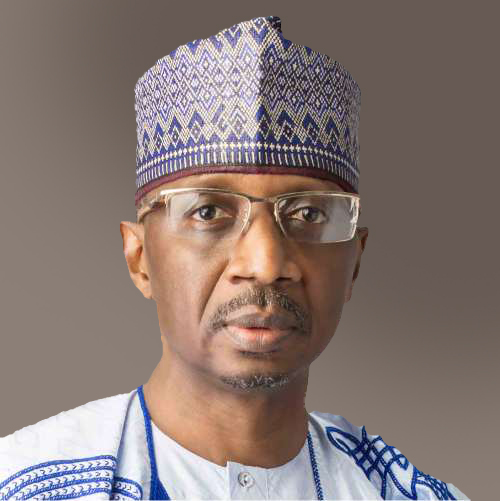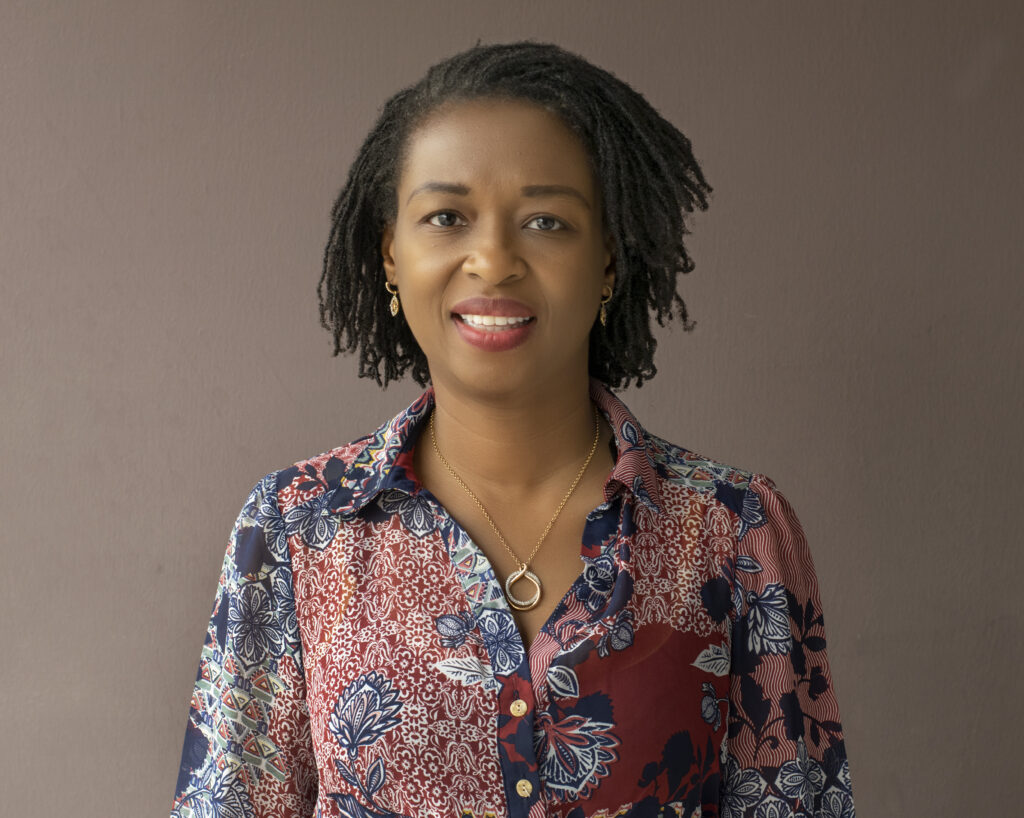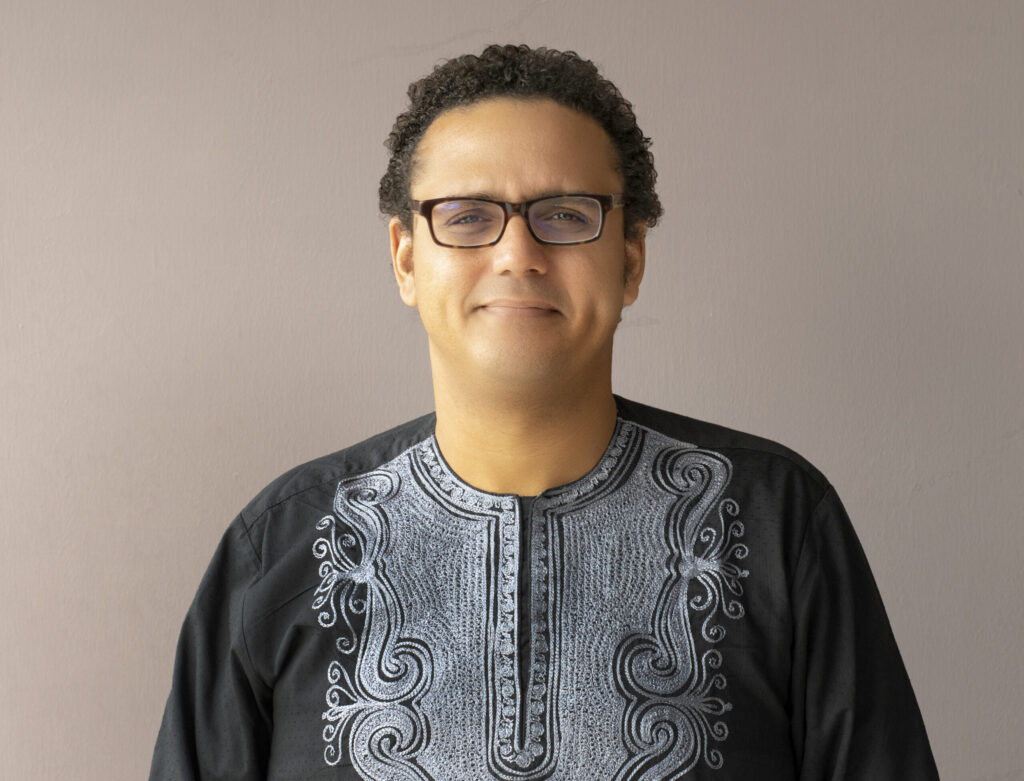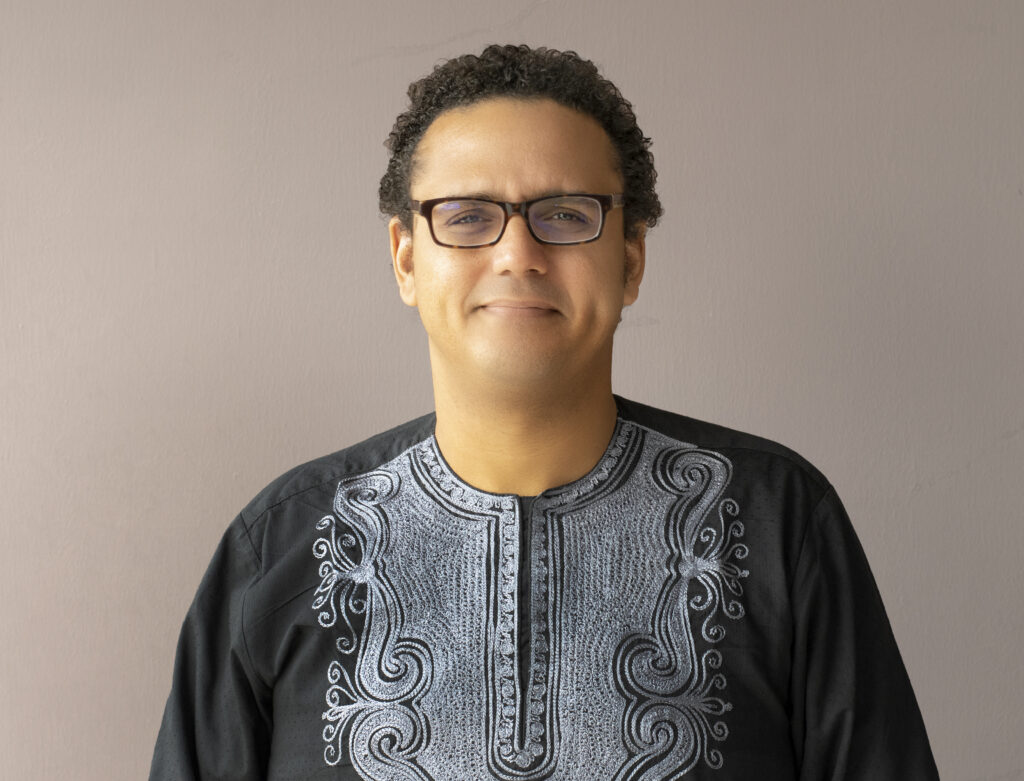
Petroleum is still widely recognized as the mainstay of Nigeria’s economy; however, Agriculture in Nigeria remains the foundation or bedrock of the nation’s economy. It is an invaluable sector whose contributions to national revenue cannot be overlooked. Every year, the agricultural sector provides millions of jobs, tonnes of food and valuable raw materials, all of which translate into economic growth and development.
Facts About Agriculture in Nigeria
Here are seven interesting facts about agriculture in Nigeria that you probably didn’t know about:
- Agriculture Contributes More to Nigeria’s GDP Than Petroleum
- Agriculture Currently Accounts for Over 30% Of Employment Opportunities in Nigeria
- Nigeria Has a Total Agricultural Land Area Of 70.8 million Hectares
- Crop Production Is the Largest Subsector of Agriculture in Nigeria
- Nigeria Is the World’s Largest Producer of Cassava and Yam
- Livestock Production Is Still Largely Under-Exploited in Nigeria
- Nigeria Was Ranked 119th On The 2017 Global Agricultural Innovation Index
1. Agriculture Contributes More To Nigeria’s GDP Than Petroleum
It may interest you to know that for many years, agriculture has contributed more to Nigeria’s Gross Domestic Product (GDP) than petroleum, even though the latter accounts for about 80% of the country’s annual export earnings. Between 2011 and 2012, agriculture contributed to over 40% of the nation’s GDP. In 2018, the agricultural sector contributed an estimated 25% to Nigeria’s total GDP, the most by any sector, while the oil sector contributed 8.6% over the same period.
In 2019, the country’s GDP grew by 2.27 percent (from N69.80 trillion in 2018 to N71.39 trillion in 2019) and the growth was largely due to the contributions of the agricultural sector (N10.50 trillion), trade sector (N5.94 trillion) and the information and communication sector (N4.66 trillion).
In 2020, the agricultural sector accounted for 24% of Nigeria’s GDP while the oil sector accounted for less than 9%. The contribution of the agricultural sector to the national GDP was 25.88% percent in 2021, while that of the oil sector remained under 10% (7.24%). Without a doubt, agriculture has proven to be the most valuable contributor to Nigeria’s economic growth in recent times.

2. Agriculture Currently Accounts For Over 30% OF EMPLOYMENT Opportunities in Nigeria
Statistics from reliable sources show that Agriculture has provided job opportunities for countless Nigerians over the years. According to the World Bank collection of development indicators, employment in Nigeria’s agricultural sector accounted for nearly 35% of total employment in 2019 and 2020.
In the late 2000s and early 2010s, agriculture reportedly accounted for over 40% of employment in Nigeria. Currently, over 70% of Nigerians engage in agriculture, but mainly at the subsistence level.
Many may wrongly assume that crop farming, animal husbandry and trading are the only career options in agriculture, but agriculture in Nigeria is slowly evolving into a lucrative field with the advent of Agritech jobs that offer a wide range of career opportunities.
The managing director of Babban Gona, Kola Masha, a leading agricultural entrepreneur in Nigeria, believes the country can reduce youth unemployment using agriculture.

3. Nigeria Has A Total Agricultural Land Area Of 70.8 Million Hectares
According to the United Nations Food and Agriculture Organisation (FAO), nearly 71 million hectares of Nigeria’s land area is currently being used for farming practices like crop farming and pasturing. This vast agricultural land area includes an arable land area of 34 million hectares (the 7th largest arable land area in the world), 6.5 million hectares for permanent crops, and 30.3 million hectares on meadows and pastures.
Access to land for agricultural purposes is however limited by several challenges, these include poor land tenure system, climate change, extreme temperatures in some areas and excessive rainfall.

4. Crop Production Is The Largest Subsector Of Agriculture In Nigeria
Crop production accounts for over 90% of agriculture’s GDP, with livestock, forestry and fishing comprising the remaining 10%. Cassava, yam, maize, sorghum, rice and millet are the major crops produced in Nigeria. These crops together cover 65% of the total cultivated area.
Cash crops like cocoa, rubber, cotton and oil palm are also cultivated extensively in Nigeria. Cocoa is Nigeria’s leading non-oil foreign exchange earner, however, there has been a steady decline in cocoa production in recent years. Rubber is the second largest non-oil foreign exchange earner, it is grown across numerous states in Nigeria; these include Edo, Delta, Ondo, Ogun, Abia, Anambra, Akwa Ibom, Ebonyi and Bayelsa. Oil palm is a significant contributor to the Nigerian economy, providing food and raw materials for the production of cosmetics, biofuels, plastics and drugs.
In 2020, Babban Gona, supported its farmer members to produce twice the national average of maize produced in Nigeria.
5. Nigeria Is The World’s Largest Producer Of Cassava And Yam
Nigeria accounts for up to 20% of the world’s cassava production (and 34% of Africa’s), making the country the largest producer of the crop in the world. Though the crop is produced in 24 of the country’s 36 states, cassava production dominates the southern part of the country, in terms of area covered and number of farmers growing the crop. The major states of Nigeria which produce cassava are Anambra, Delta, Edo, Benue, Cross River, Imo, Oyo, and Rivers.
Cassava production in Nigeria is well-developed, with well-established multiplication and processing techniques. The crop is grown throughout the year due to its exceptional ability to adapt to climate change, tolerate low soil fertility and resist drought conditions.
According to the International Institute of Tropical Agriculture, Nigeria is also the world’s largest producer of yam, accounting for over 70% of yam production in the world. The country produces over 47 million metric tonnes of yam annually.
Nigeria is also the largest producer of maize and rice in Africa.

6. Livestock Production Is Still Largely Under-exploited In Nigeria
According to the Food and Agriculture Organisation (FAO), animal production in Nigeria has remained under-exploited for decades. Livestock reared in Nigeria include poultry and ruminants like goats, sheep and cattle. Statistics show that domestic demand for livestock products in Nigeria outweighs production, despite several interventions by development partners to improve animal production and health.
Despite widespread consumption of animal products in Nigeria, livestock farming accounts for less than 10% of agriculture’s nominal GDP in the country, and its value continues to decline. Factors militating against animal production in Nigeria include inadequate finance, high cost of animal feeds, animal diseases, lack of infrastructure, lack of government incentives and transportation challenges.
7. Nigeria Was Ranked 119th On The 2017 Global Agricultural Innovation Index
In 2017, the annual global innovation index focused on innovative advances taking place in the agricultural sector. Sadly, Nigeria was ranked 119th out of 127 countries. Lack of agricultural innovations and minimal adoption of modern technology in agriculture, are some of the major challenges preventing Agriculture from taking its rightful place as the mainstay of Nigeria’s economy.
Over the years, the Nigerian Government has made numerous attempts to transform the agricultural sector. Efforts have been made to encourage innovative ideas and provide adequate technology (and other incentives) to farmers. However, the country still has a very long way to go.
Babban Gona makes use of artificial intelligence in farming and other technological innovations to improve the productivity and profitability of smallholder farmers in Nigeria.
The seven facts above clearly indicate that Agriculture has contributed immensely to the Nigerian economy over the years. However, due to certain limitations, as well as excessive focus on the oil sector, the agricultural sector is yet to reach its full potential.
